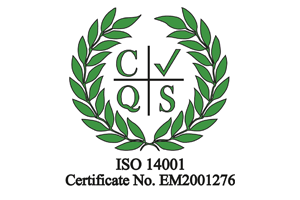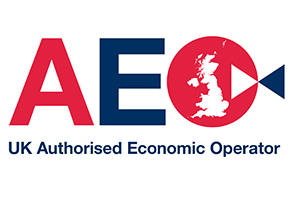E-commerce giant commits its European transport future to intermodal
.1705068768.jpg)
Global e-commerce giant Amazon reports that it has grown its use of rail and sea intermodal transportation in Europe by an impressive 50% in 2023. It further commits to enhance rail and sea transport solutions even further in the near future. This would seem to be a major statement of intent to decarbonise its European supply chains, however, road transport still plays an important role in first and last-mile operations.
In 2020, the company announced a 300 per cent increase in intermodal rail movements across Europe and this rapid growth is on target to be sustained. Currently, it claims to be using different 100 rail freight routes across Europe. Amazon’s aspiration is that the majority of its shipments will move via rail or sea to reach destinations around Europe.
Amazon noted: “By moving products by sea or rail instead of via road by trucks, we can significantly reduce our carbon footprint. On average, using rail and sea to transport packages or inventory helps reduce carbon emissions by almost 50%. In 2023, like the year before, we’ll transfer thousands of truckloads by sea and rail in Europe, saving thousands of tons of CO2 emissions.”
Intermodality for SMEs
According to Amazon, its intra-European shipments concern small and medium-sized enterprises (SMEs), which comprise 60 per cent of the platform’s sales. The most efficient way to move this freight is loading their cargo on intermodal units that can be easily trans-shipped between rail, road and ship.
Most Amazon journeys take place between two of the company’s fulfilment centres. The intermediate stops include either rail or port terminals, with the first/last miles taking place by truck. In the case of rail, Amazon’s services resemble an ideal combined transport supply chain, where rail covers most of the distance and truck only provides the flexibility to and from the rail terminal.
The implementation of intermodal solutions by global companies like Amazon is a significant boost for rail and highlights its capabilities in terms of fast and flexible deliveries through combined transport. The future potential that such companies have for European rail is encouraging. The growth of rail share in such operations demonstrates that rail freight combinations can eventually become a reliable partner not only for long-distance trips.
Efret is a market leader in designing bespoke intermodal solutions, tailored to individual client requirements. We have access to an extensive network of rail, sea and truck providers, and we can select the most efficient combination to blend existing with new services across multiple borders throughout Europe.
For more information about our intermodal services, get in touch with our team.
Recent articles

Efret proud to announce renewal of AEO accreditation
5th February 2026 1 minute read
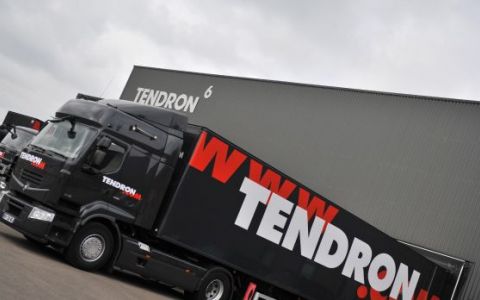
Efret welcomes Tendron as GB Global bolsters European network
28th January 2026 1 minute read
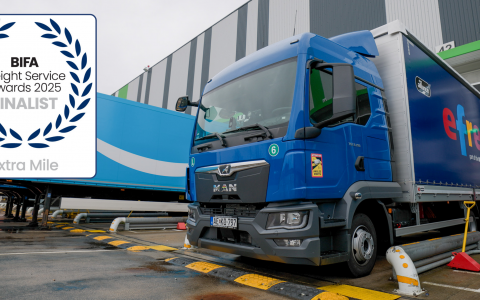
Efret Shortlisted for BIFA ‘Extra Mile’ Award 2025
29th October 2025 2 minute read
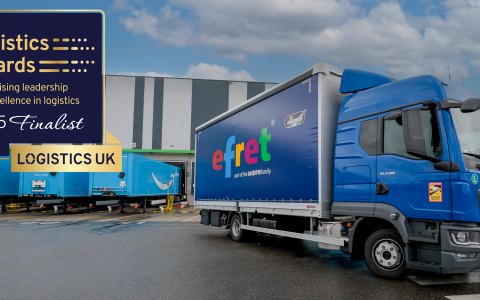
Efret Shortlisted for Van Business of the Year at Logistics UK Awards 2025
20th August 2025 2 minute read

